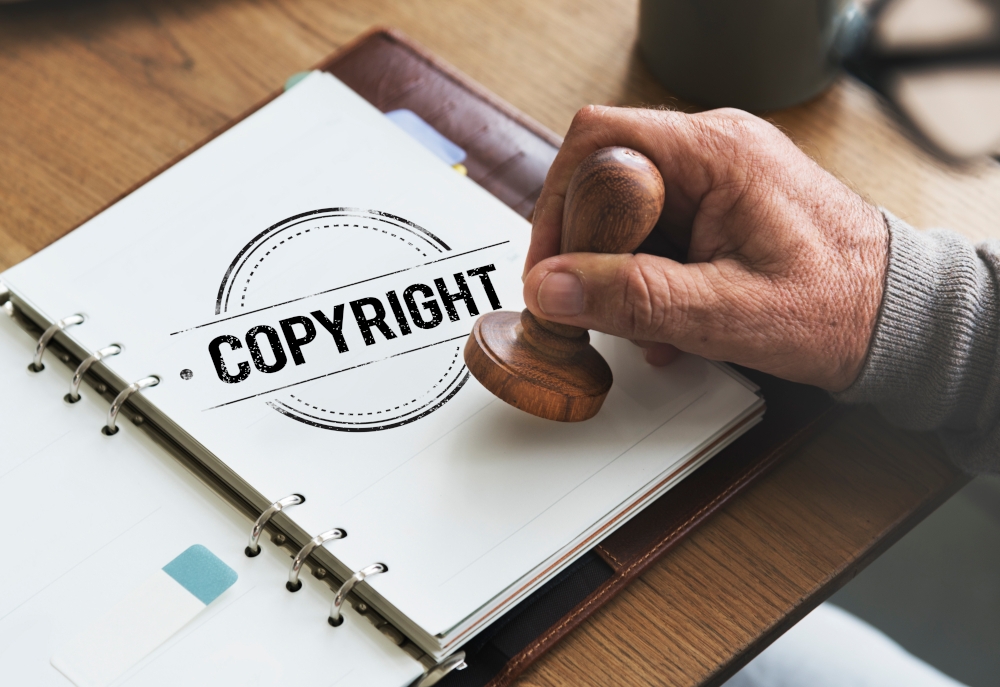KUALA LUMPUR, Aug 26 — In a striking case of global branding clashing with local enterprise, Italian luxury automaker Ferrari has lost a trademark lawsuit against Malaysian energy drink company Wee Power.
The High Court ruled on May 30 that the local drink’s rearing horse logo was not confusingly similar to Ferrari’s iconic “Prancing Horse”, despite Ferrari’s claims of potential brand dilution.
The ruling reignited global conversations around brand overreach, regional IP rights, and the evolving definitions of consumer confusion in today’s culturally diverse marketplace.
Here’s a look at local and international cases that show how intellectual property disputes play out across borders.
Fast food fight: McDonalds vs McCurry
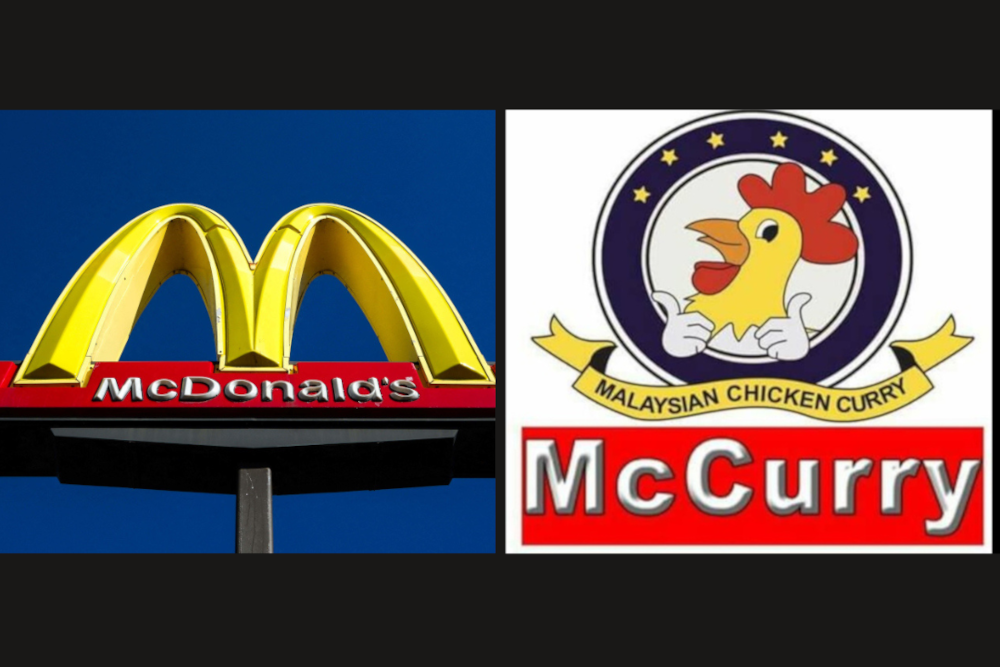
The court upheld that Malaysian consumers could differentiate between the two and ordered McDonald’s to pay US$2,900 (RM12,300) in costs to McCurry. — Pictures from AFP and Facebook/McCurry Restaurant M Sdn Bhd
In 2001, fast food behemoth McDonald’s sued a small Kuala Lumpur restaurant called Mc Curry for using the “Mc” prefix, alleging trademark infringement.
In a shock twist, the Federal Court ruled in 2009 that McDonald’s could not claim monopoly over the use of “Mc”, especially when McCurry served Indian food and had a completely different branding and clientele.
Mc Curry was claimed to be short for “Malaysian Chicken Curry”.
The court upheld that Malaysian consumers could differentiate between the two and ordered McDonald’s to pay US$2,900 (RM12,300) in costs to McCurry.
The ruling became a landmark in South-east Asian trademark law, reinforcing that context and cultural familiarity matter.
Battle of the biscuits: Chipsmore vs Chipsplus
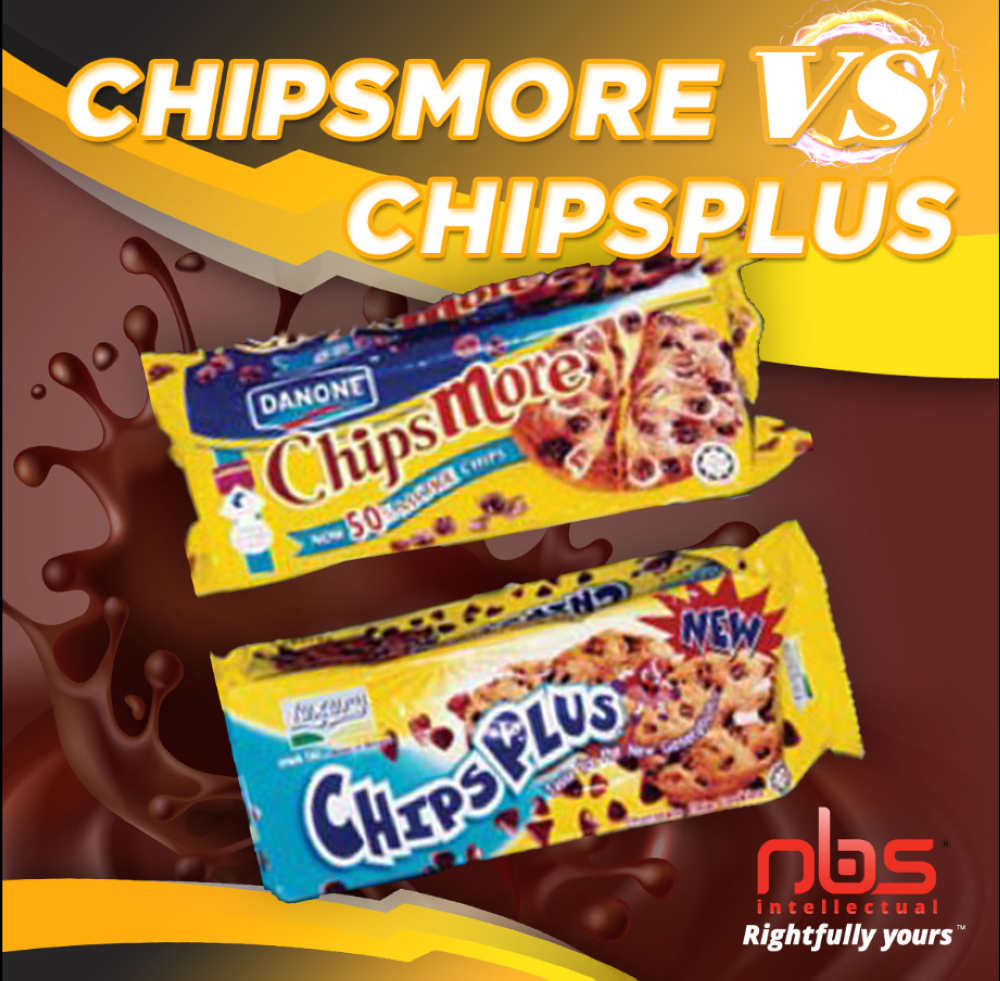
The court found that Hwa Tai was liable for infringement because Danone had a registration certificate and renewal certificate showing trademark. — Picture from Facebook/NBS Intellectual Sdn Bhd
Danone — manufacturers of popular cookie Chipsmore — sued Hwa Tai for making biscuits bearing the trademark “Chipsplus” on the basis that the packaging of the product was too similar to their registered Chipsmore mark.
Hwa Tai refused and the case went to court where eventually the High Court decided in favour of Danone, ruling that there was trademark infringement, and that Hwa Tai had passed off Danone’s distinctive packaging and get-up — the overall look of its product.
The court found that Hwa Tai was liable for infringement because Danone had a registration certificate and renewal certificate showing trademark.
It said that Danone didn’t give Hwa Tai permission to use their trademark.
Further, as “Chipsplus” was similar to “ChipsMore”, there was a possibility of confusion or deception among the public.
Homegrown feud: Kedai Ayamas vs Kedai Ayam Asli
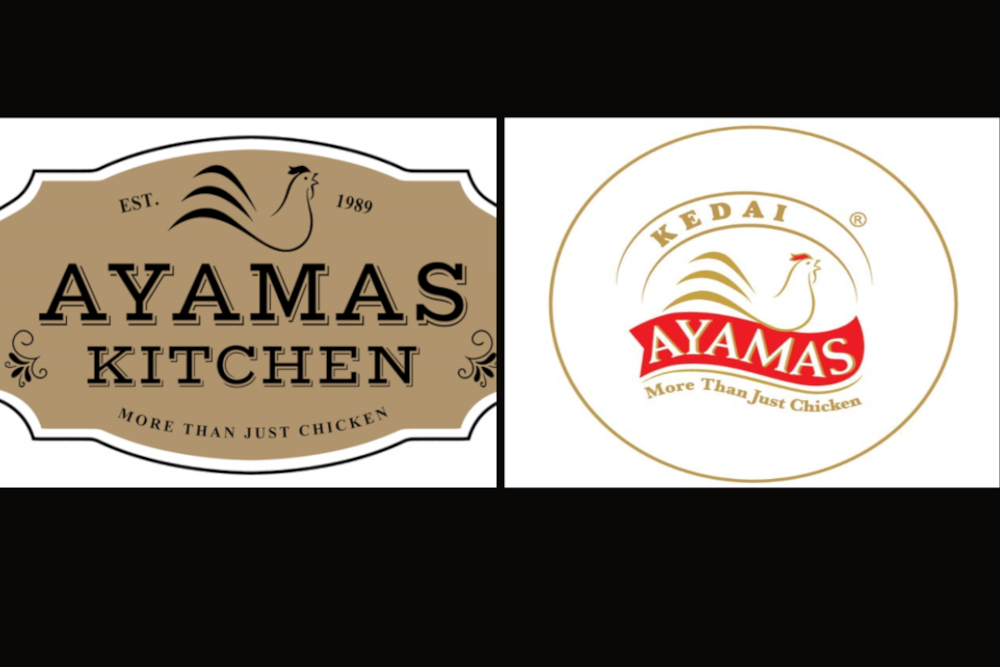
Following the ensuing lawsuit, the Malaysian Court of Appeal ruled in favour of Kedai Ayamas and found that Ayamas Kitchen had infringed on the Kedai Ayamas trademark and were ordered to pay damages and cease using the logo. — Pictures from Ayamas Kitchen/Kedai Ayamas
Ayamas is a local food outlet that sells mainly poultry.
It became a household name for its rotisserie and roast chicken, along with a variety of chicken-based products and sauces.
In 2014, another company called Kedai Ayam Asli owned by Ayamas Kitchen Sdn Bhd had a logo similar to Kedai Ayamas chains.
Following the ensuing lawsuit, the Malaysian Court of Appeal ruled in favour of Kedai Ayamas and found that Ayamas Kitchen had infringed on the Kedai Ayamas trademark and were ordered to pay damages and cease using the logo.
International brand disputes
Crocs collide: Lacoste vs Crocodile
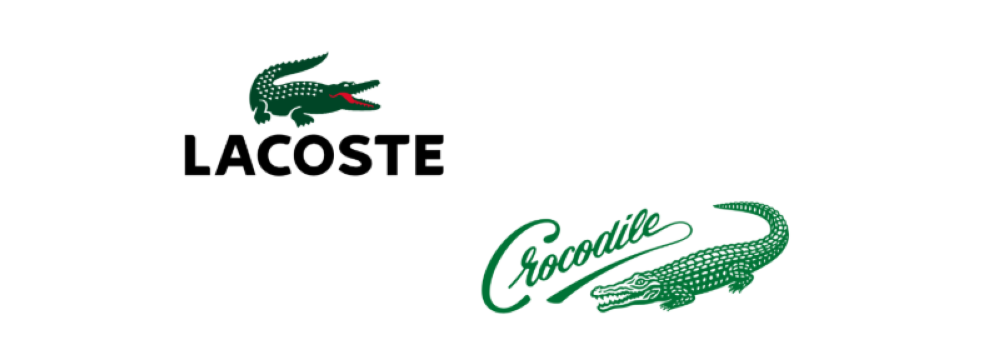
The two brands have been involved in long-standing legal battles over the use of their respective crocodile logos, with the most recent ruling by the Philippine Supreme Court favouring Crocodile.
Lacoste and Crocodile are two different brands that use crocodile logos, leading to trademark disputes.
Lacoste, a French brand, is known for its crocodile logo facing right, while the Singapore-based Crocodile International uses a logo facing left.
The two brands have been involved in long-standing legal battles over the use of their respective crocodile logos, with the most recent ruling by the Philippine Supreme Court favouring Crocodile.
In 2024, the Delhi High Court permanently restrained Crocodile International from manufacturing, selling, offering for sale, advertising or using the disputed trademark in any manner that constitutes infringement of Lacoste’s trademark rights.
The Delhi High Court reasoned that while Crocodile International was a prior registrant and user of the composite reptile image, this did not automatically grant it rights on all variations.
On the other hand, Lacoste had registered its crocodile image in 1983 and had been using it prior to Crocodile International’s use of its mark in India.
Therefore, Lacoste had prior rights to the crocodile mark on a standalone basis.
Stripes and suits: Adidas vs Thom Browne
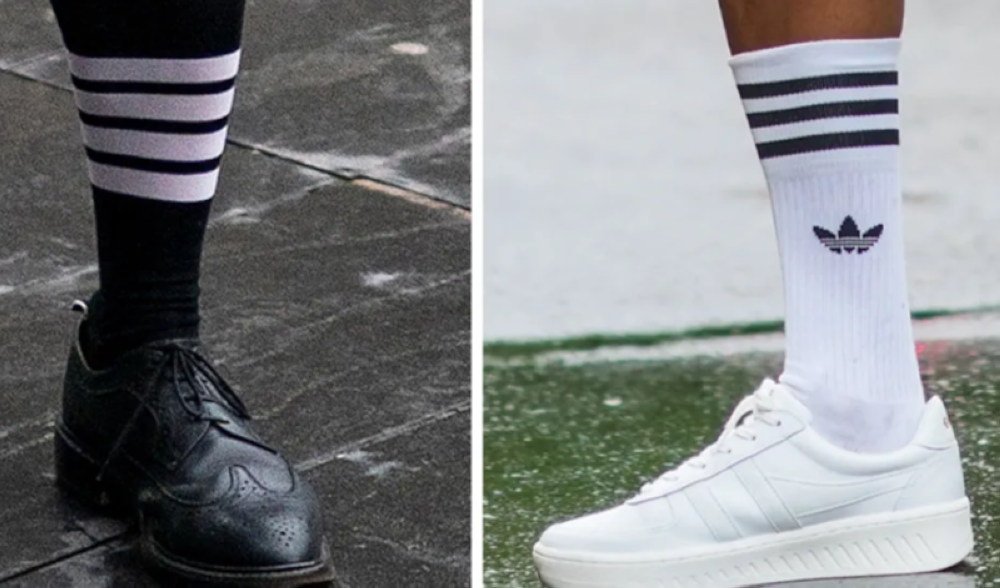
(Left) Thom Browne’s signature four stripes vs Adidas’ traditional three stripes. — Picture from BBC.com.
The battle between Thom Browne and Adidas over a striped design signature dates back to 2007.
It reached new heights in 2023, with both companies appearing in a Manhattan court over the trademark dispute.
Adidas in 2021 sued Thom over the four stripe design.
Thom Browne is a luxury brand that regularly features four stripes on its designs.
A jury found no likelihood of confusion due to visual differences and market segments.
The acronym smackdown: Wrestling (WWE) vs Wildlife (WWF)
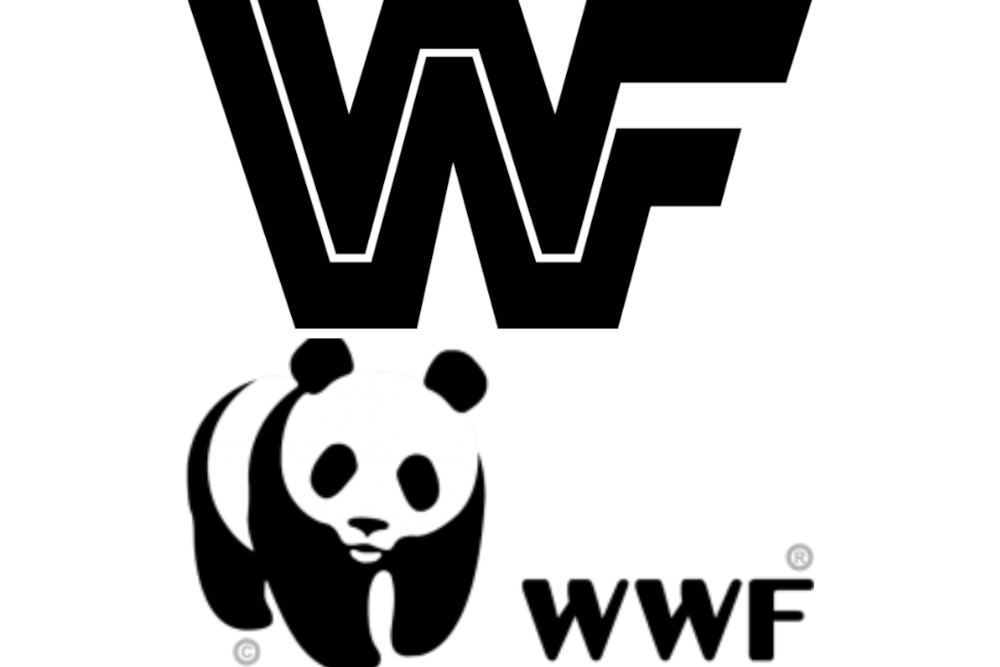
The environmental group, which had been using the initials since the 1960s and had registered it globally, argued that the wrestling entertainment company had violated a 1994 agreement that limited its use of the initials, especially outside North America. — Pictures from Wikipedia
In the late 1990s, the World Wrestling Federation (WWF) — then the largest wrestling entertainment company in the world — found itself in a legal battle with the World Wide Fund for Nature (also WWF) over the use of the “WWF” acronym and logo.
The environmental group, which had been using the initials since the 1960s and had registered it globally, argued that the wrestling entertainment company had violated a 1994 agreement that limited its use of the initials, especially outside North America.
However as Vince McMahon’s WWF grew into a global media empire — with merchandise, TV shows, and pay-per-view events broadcast worldwide — the name began creating brand confusion.
In 2002, a UK court ruled in favour of the conservation charity, saying the wrestling company had breached the agreement.
The ruling effectively forced the wrestling federation to rebrand itself as WWE (World Wrestling Entertainment).
Brewed trouble: Starbucks vs Star Box Coffee
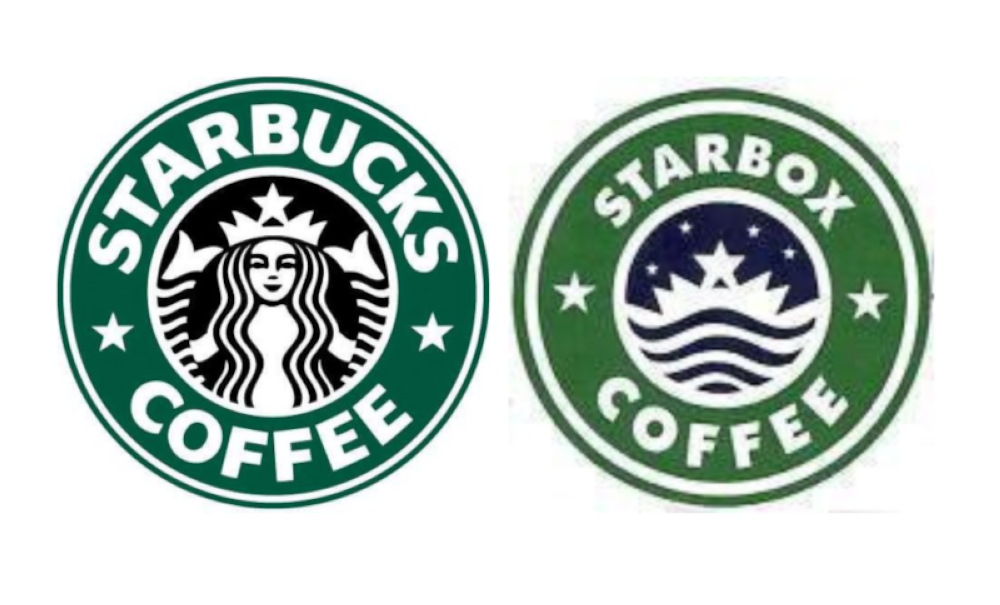
The Starbox vs Starbucks case drew attention for a logo that mirrored Starbucks almost exactly — just no mermaid. — Picture from tramatm.com
In Thailand, Star Box Coffee, a local cafe, drew attention for using a green circular logo with styling that closely resembled Starbucks’ iconic branding.
Though the café didn’t copy the mermaid, the logo’s layout and colour palette were strikingly similar.
While Starbucks didn’t sue, the brand reportedly issued warnings, and public pressure led Star Box to voluntarily rebrand, avoiding a legal battle.
Stylised letters, real lawsuits: Take Two Interactive vs Remedy Entertainment
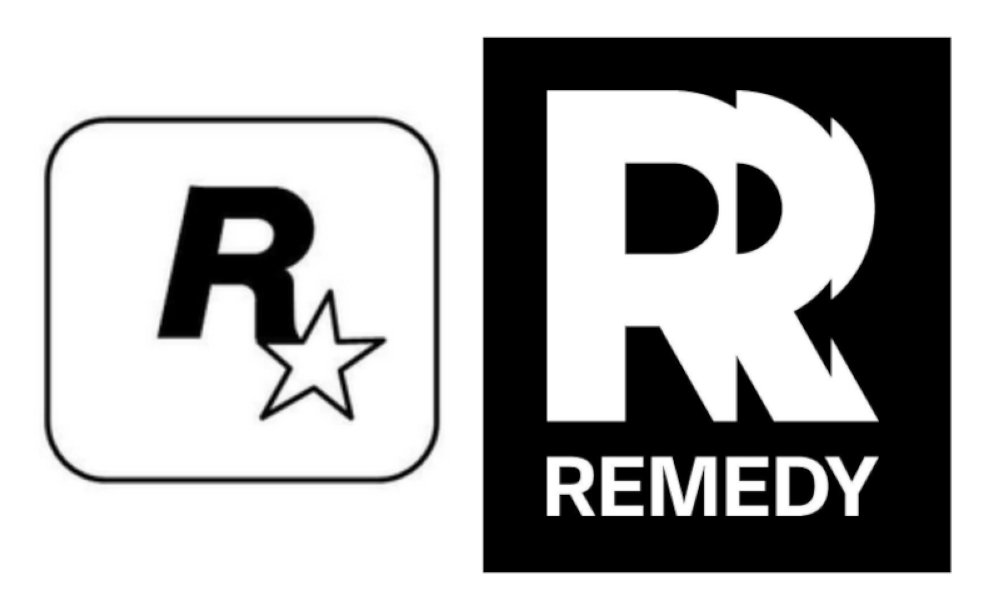
Rockstar Games vs Remedy case settled amicably and both are collaborating and making video games. — Picture from Reddit
In 2023, Finnish developer Remedy Entertainment unveiled a new logo featuring a stylised letter “R”, designed to refresh its brand beyond the Max Payne era.
Shortly after applying to trademark it across the UK and EU, Take‑Two Interactive — owner of Rockstar Games — filed an opposition.
Take‑Two cited the logo’s resemblance to its own Rockstar “R” (which features a star), arguing there was a risk of public confusion, especially since both operate in the video game industry.
However, the matter never escalated.
By late 2023, both companies settled the issue quietly.
According to Remedy, it was resolved entirely and amicably.
The legal filing was simply an initial formality.
Double C or not to C: Chanel vs Huawei
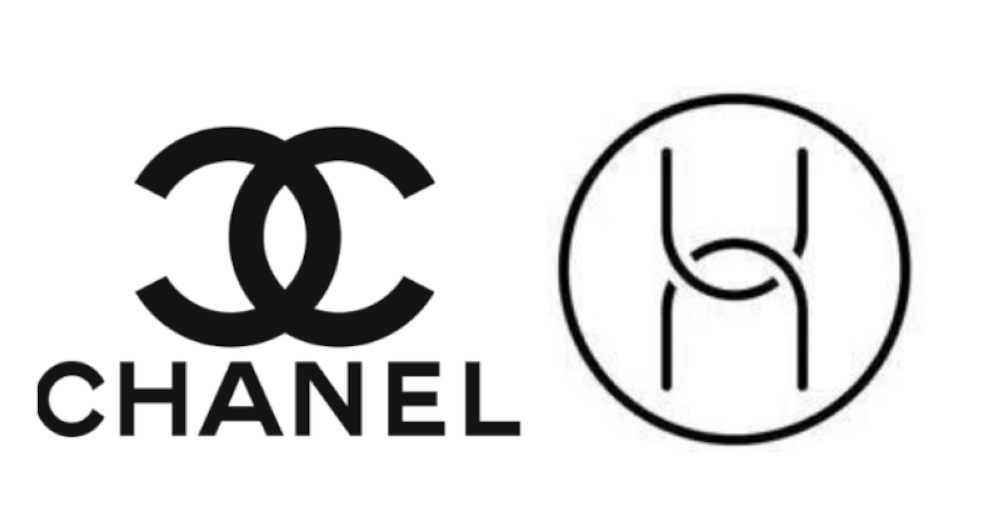
Despite Chanel’s opposition, the European General Court in Luxembourg rejected the fashion house’s claims in November 2019, asserting that the logos were not similar enough to cause confusion. — Picture from insiderretail.asia
The dispute between Huawei Technologies and Chanel arose in September 2017 when Huawei filed an application for the registration of a trademark with the EU Intellectual Property Office for its computer hardware.
Chanel, a French luxury fashion house, opposed this registration in December 2017, asserting that Huawei’s logo bore a striking resemblance to its own mark.
Despite Chanel’s opposition, the European General Court in Luxembourg rejected the fashion house’s claims in November 2019, asserting that the logos were not similar enough to cause confusion.
Chanel contested this decision at the EU General Court in Luxembourg, but the appeal was ultimately dismissed, reaffirming the earlier ruling in favour of Huawei.
